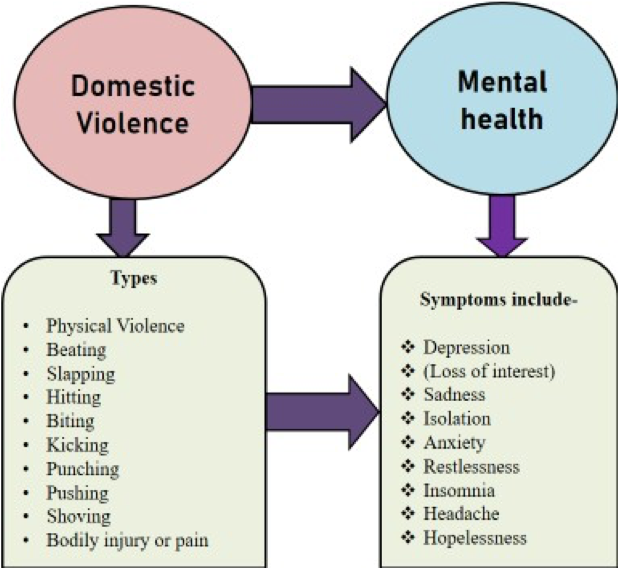The Journal invites original, unpublished manuscripts from all academicians, authors, legal professionals, and students in the following categories:
I. Long Articles (5000-8000 words, Excluding footnotes)
Submissions in this category are expected to engage with the theme and literature of a particular topic comprehensively. The article must survey current practice in the field, identify any lacunae and offer innovative reassessment along with constructive suggestions. Theoretical pieces are also welcome in this category.
II. Essays/Short Articles (2000-4000 words, Excluding footnotes)
Essays/short articles are more concise in scope and are focused on a particular issue and offer new perspectives and critical insights on the selected topic. They offer clearly identifiable arguments and may provide different ways of conceptualizing the selected issue.
III. Case Notes and Legislative Comments (1200-2500 words)
This category is meant for the analysis of any contemporary judicial pronouncement, legislative action, or policy proposal. Notes and Comments must trace the line of cases in which the decision appears and comment on its implications on the evolution of that branch of law. Similarly, a legislative comment or policy proposal must identify the object and expected impact of the legislative action/policy proposal in question.








